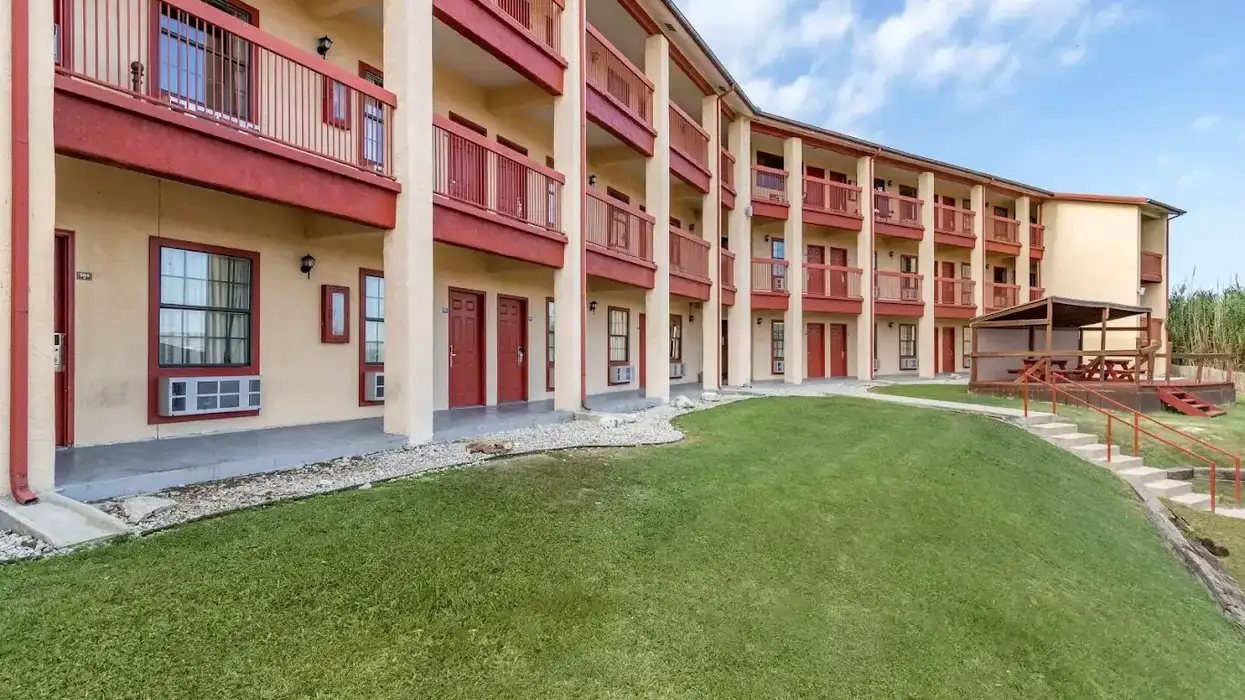IN ANY CRISIS, how businesses communicate with their employees and customers can be key to recovery, according to research from Penn State School of Hospitality Management. Using documentation from other crises in the past, the researchers compiled a guide that hotels can apply to their plans for handling the current COVID-19 pandemic.
A focus on safety, security and health in providing accurate and authentic communication to all stakeholders on an ongoing basis is the goal, according to "Crisis Response Insights from Academic Research: An Abbreviated, Annotated Bibliography of Hospitality Industry Responses to Modern Crises" by doctoral student Anqi Luo and Donna Quadri-Felitti, associate professor of hospitality management. Sensitivity and responsiveness to consumers’ states of mind, attention to employee well-being and government action and support also are important.
“As scholars at Penn State, we seek to be of service to our communities, whether local, regional, national, or global,” Quadri-Felitti said. “As experts in the industry, we not only prepare our students for the profession, but we provide insights to support the industry at all times, but especially in times of crisis.”
For insight on how hotels handle a crisis, the researchers studied hotels’ responses to the East Coast blackout of 2003. That research showed that guests’ expectations of service remained high even during a crisis and being prepared to maintain service quality in unexpected situations could be a competitive advantage.
“Hotel managers found themselves scrambling to serve guests overnight in darkened hotels, many of which did not have running water, let alone expected amenities,” the report says. “Despite these challenges, hoteliers in a post-blackout survey reported that their staff members were up to the task of continuing to provide hospitality for their guests—often by devising creative processes for check-in and checkout, food service, etc. For their part, guests were mostly understanding about the power failure and appreciated hotel employees’ continued efforts.”
Quadri-Felitti will host a free webinar, "Past Lessons & Future Pivots – the Food & Beverage Perspective," at 11:30 a.m. on July 14. Register here.
In April, hotel marketing software company NextGuest released its own an eBook of tips to help hotels plan a way through the economic crisis.





